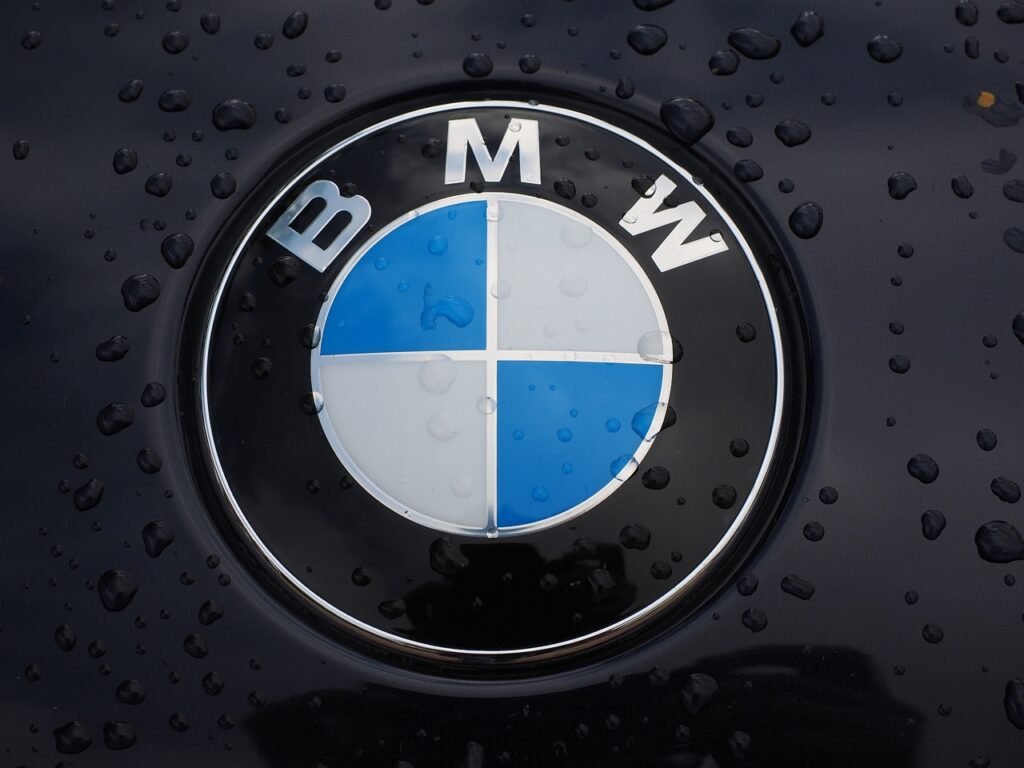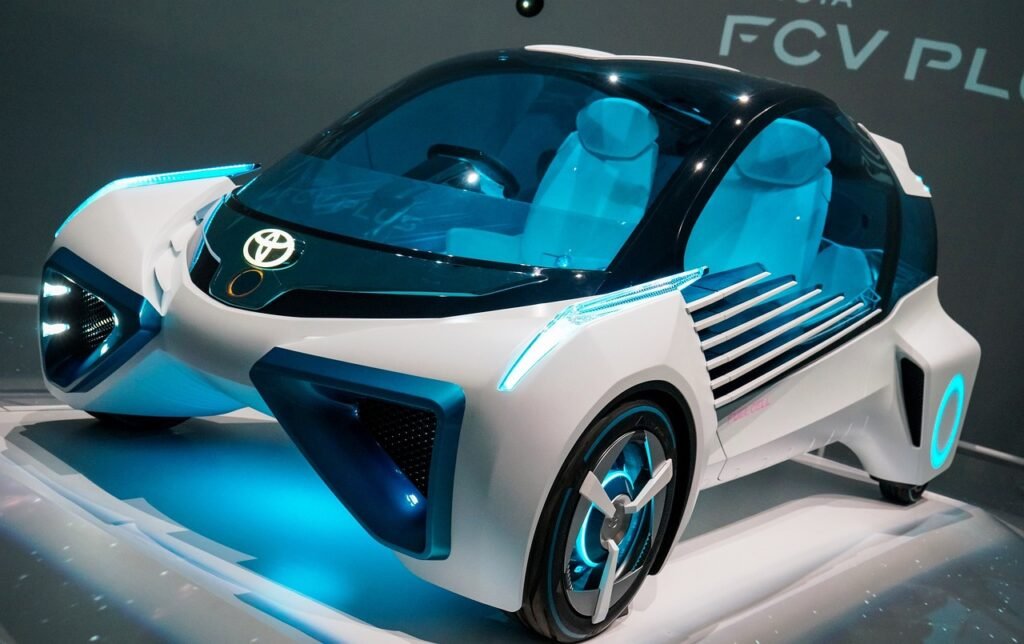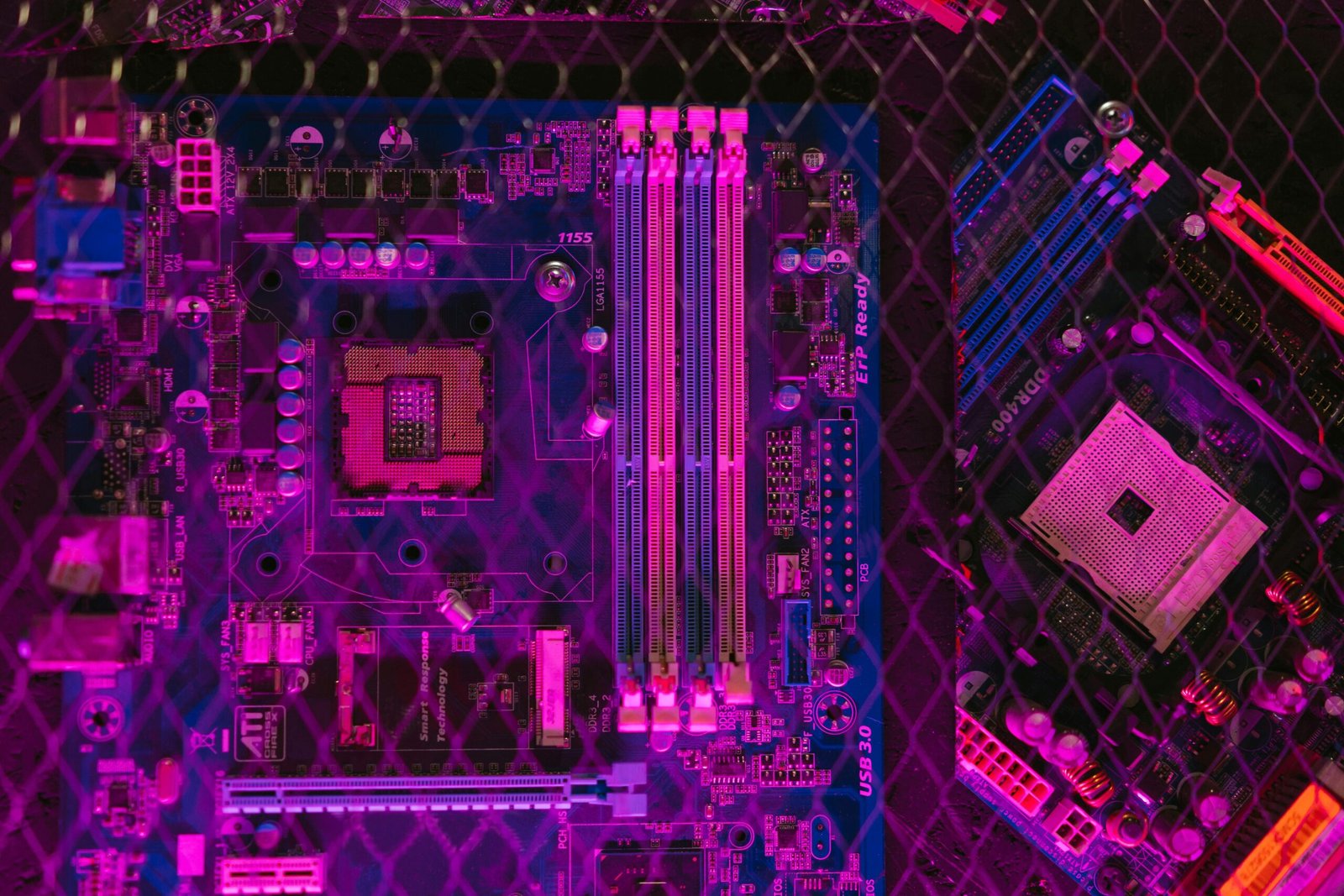Toyota-BMW Alliance Fuels Hydrogen-Powered Car Revolution

- Toyota and BMW are deepening their collaboration in fuel cell vehicle (FCV) operations to enhance the competitiveness of their hydrogen-powered cars.
- Toyota will supply key components, including hydrogen tanks, to BMW, which will use them to build and sell mass-produced FCVs.
- The partnership aims to standardize components, reduce costs, and build hydrogen stations in Europe to promote FCV adoption.
- This collaboration marks a significant step towards carbon neutrality, aiming to overcome challenges and bring us closer to a carbon-neutral future.
Toyota Motor Corp and BMW AG, two giants in the automotive industry, are set to deepen their collaboration in fuel cell vehicle (FCV) operations. This move, which is expected to be officially announced on September 5, is a strategic bid to enhance the competitiveness of their hydrogen-powered cars. These vehicles are seen as a promising solution in the global quest for carbon neutrality, but their high prices have hindered widespread adoption.
Under this expanded partnership, Toyota will supply key components, including hydrogen tanks, to BMW. In return, BMW will utilize these components to build and sell mass-produced FCVs in the coming years. This strategic move is expected to standardize components and reduce the cost of FCVs, making them more accessible to consumers.
Toyota has been a pioneer in FCV technology, launching the Mirai, the world’s first mass-produced FCV, in 2014. However, despite this groundbreaking move, FCV sales account for only a fraction of Toyota’s overall vehicle sales, which exceed 10 million units annually.
Addressing High Costs and Infrastructure Challenges
As of June this year, Toyota had sold about 26,000 units of the Mirai since its launch. One of the primary reasons for this is the high cost of the Mirai, which sells for over 7 million yen, significantly more than the average price of a car in Japan, which stood at 2.64 million yen in fiscal 2023.
This partnership could potentially lower the cost of the Toyota model while sparing BMW the burden of developing parts independently. Furthermore, the two companies will also collaborate on building hydrogen stations in Europe. The lack of such filling stations has been a significant obstacle in popularizing FCVs.
This move by Toyota and BMW is not an isolated incident but part of a broader trend of automakers joining forces to tackle the challenges of developing green vehicles. For instance, in the past, General Motors and Honda formed a partnership to develop hydrogen fuel cell systems, aiming to mass-produce FCVs by 2020.

A Significant Step Towards Carbon Neutrality
Similarly, Daimler, Ford, and Nissan entered a three-way agreement to accelerate the commercialization of fuel cell technology. The Toyota-BMW partnership is a significant step forward in the global push towards carbon neutrality. By standardizing components and reducing costs, they aim to make FCVs a viable option for consumers, thereby reducing carbon emissions.
Moreover, their joint effort to build hydrogen stations in Europe will address a significant infrastructure challenge, further promoting the adoption of FCVs. However, the road to mass adoption of FCVs is not without challenges. High production costs, lack of infrastructure, and the need for extensive research and development are significant hurdles.
In conclusion, the expanded partnership between Toyota and BMW marks a significant milestone in the advancement of FCV technology. By pooling their resources and expertise, these two automotive giants aim to overcome the challenges facing FCVs and bring us one step closer to a carbon-neutral future. As the world grapples with the urgent need to reduce carbon emissions, such collaborations offer a beacon of hope, signaling the potential for innovative solutions to our most pressing environmental challenges.













Post Comment